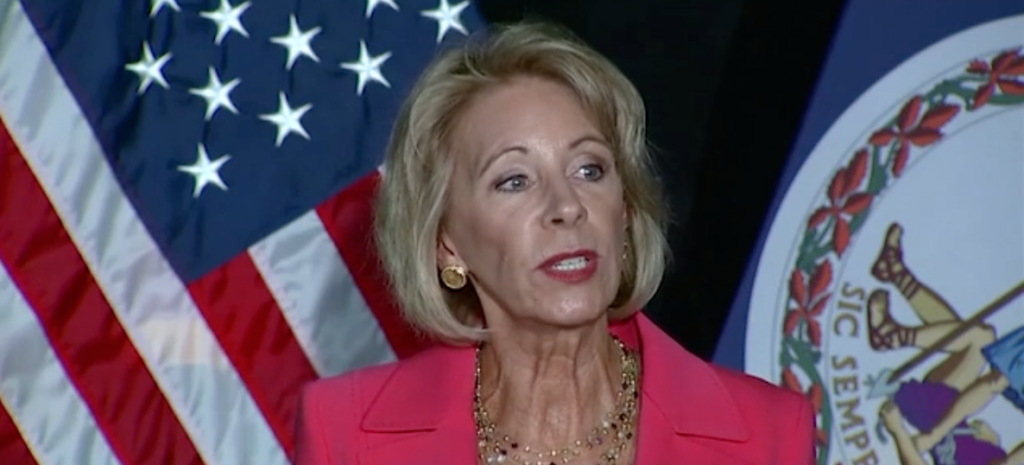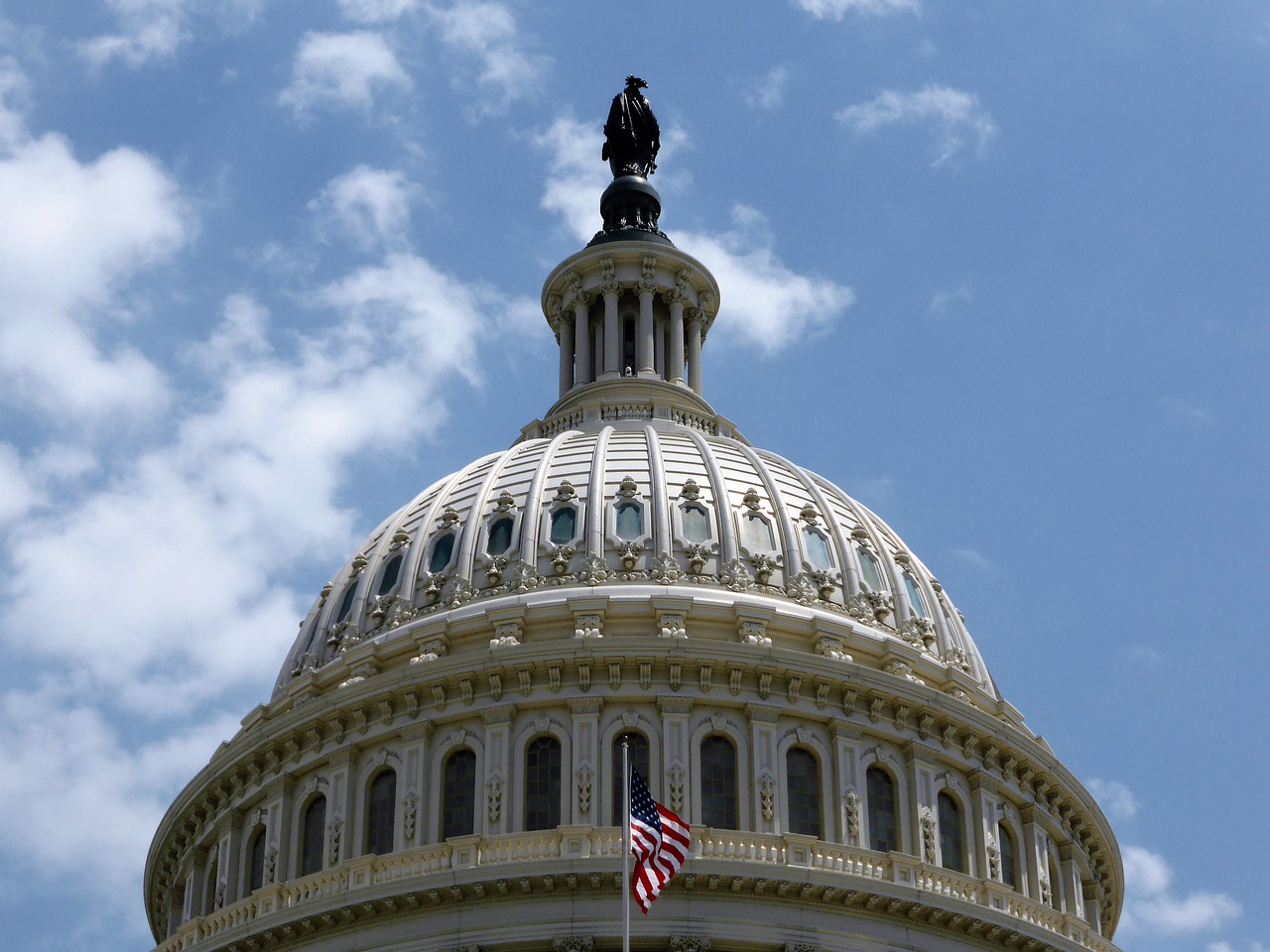Betsy DeVos Reinterprets Title IX: Victims Must Bear the Burden of Proof
Education Secretary Betsy DeVos rolled out new rules for handling cases of sexual assault in college, replacing policies from the Obama administration regarding the enforcement of Title IX. These changes come during a sexual assault and harassment epidemic on college campuses around the U.S. The Trump administration hopes to combat this issue with an emphasis on due process for the accused. DeVos and her supporters say that the Obama-era rules went too far in protecting sexual assault survivors, ignoring a fundamental rule of law: innocent until proven guilty.
“Survivors, victims of a lack of due process, and campus administrators have all told me that the current approach does a disservice to everyone involved,” said DeVos in September. The Education Secretary went on to say that previous policies were overcomplicated and did not actually protect all students, including both the accusers and the accused.
In DeVos’ proposed plan, the level of proof in sexual assault cases will be raised from “a preponderance of the evidence” to “clear and convincing evidence,” placing the burden on the victim to prove the guilt of the accused. Another notable change to campus procedures would allow the accused and the accuser to cross examine each other, unlike before when students were typically barred from direct contact.
The proposed policy seeks to ensure that both parties in a sexual assault case are treated equally. For instance, no-contact orders will apply to both the complainant and the accused. It also allows for mediation and other informal dispute resolutions which were banned under the Obama administration. While DeVos’ plan is meant to provide some clarity where Obama-era policies were lacking, it is less articulate on some points. For example, the stipulated timeline for a school investigation is just that it be “reasonably prompt.”
The National Sexual Violence Resource Center reports that about one in five women and one in seven men are victims of forced sex during college, and almost two thirds of all college students experience sexual harassment at some point in their college careers. Unfortunately, 90% of victims on college campuses do not report their sexual assault. Survivor activists and opponents of DeVos fear that these rules will re-traumatize victims and likely further prevent them from reporting instances of sexual assault altogether.
Opponents of the new regulations say that these policies are too lenient on students accused of sexual assault as well as the schools themselves, who are often unwilling to make these issues public for the sake of reputation. The plan may also minimize schools’ responsibilities for its students, as institutions will only be required to investigate instances reported directly to designated administrators — and not cases mentioned to teachers, coaches, etc.
This sweeping overhaul of current procedures has been a long time coming and is still a while away from being enforced, as the new regulations must undergo a public comment period during which they may change. Once in place, these policies will have the rule of law in conjunction with Title IX. The controversy surrounding the merit of these rules is pitting liberals against conservatives, as House Democrats have already vowed to fight DeVos’ proposal.
Whether or not these regulations will truly help students by bringing perpetrators of sexual assault to justice, rather than merely discouraging students from reporting incidents of sexual assault and harassment, remains to be seen.




